Research reveals microplastic content levels in seafood
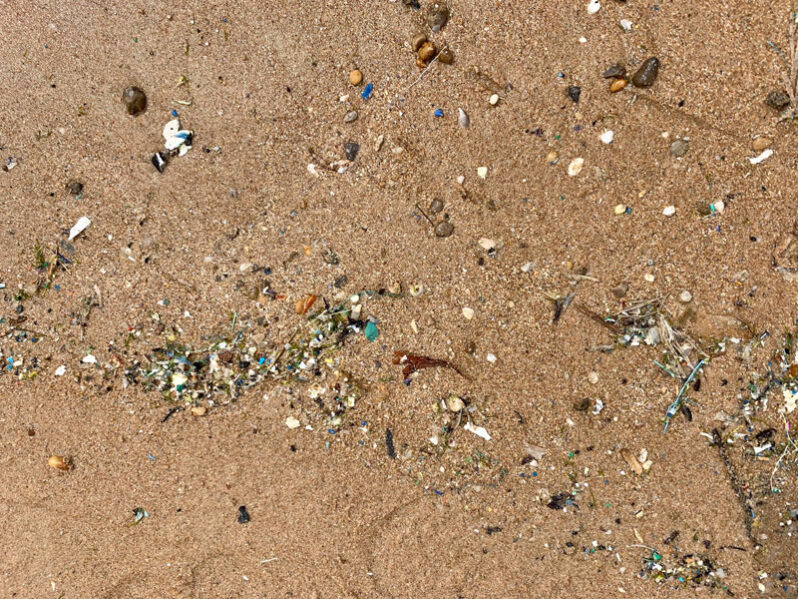
Levels of plastic contamination has been found in samples of popular seafood such as prawns, oysters and crabs, with the highest content found in sardines, according to University of Queensland research.
Maldives records highest level of micro plastic pollution on the planet
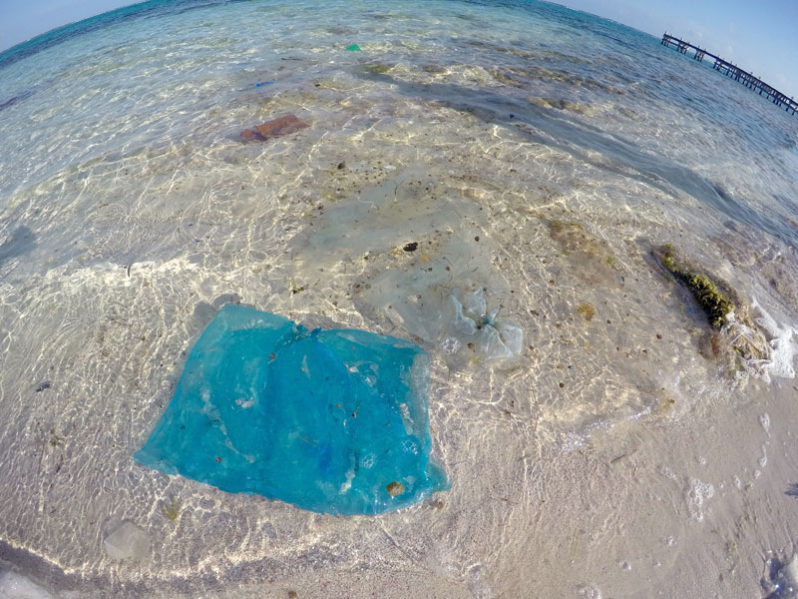
The amount of micro plastic pollution in waters around the Maldives, a global tourist destination known for its beautiful coastline, is amongst the highest in the world and has the potential to severely impact marine life in shallow reefs and threaten the livelihoods of island communities.
To bond with nature, kids need solitary activities outdoors

A new study found solitary activities like fishing, hunting or exploring outside are key to building strong bonds between children and nature. Activities like these encourage children to both enjoy being outside and to feel comfortable there.
Coastal flooding set to get more frequent, threatening coastal life and global GDP

Coastal flooding across the world is set to rise by around 50 percent due to climate change in the next 80 years, endangering millions more people and trillions of US dollars more of coastal infrastructure, new research shows.
China’s Three Gorges Dam is one of the largest ever created. Was it worth it?

The Three Gorges Dam was designed to tame China’s longest river. But this summer’s record rains reveal its limited ability to control floods.
Researchers make major, concerning microplastics discovery
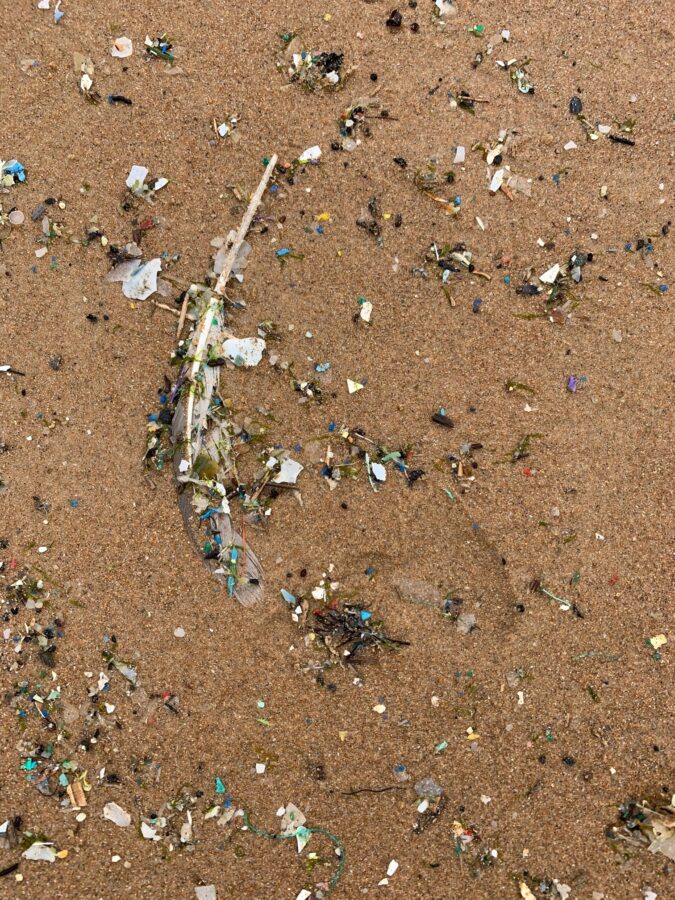
Researchers discovered that microplastics in our freshwaters are being broken down into even smaller nanoplastics. Their findings have significant consequences for the understanding of microplastics in our environment and could have implications for the food chain.
Reef sharks are in major decline worldwide
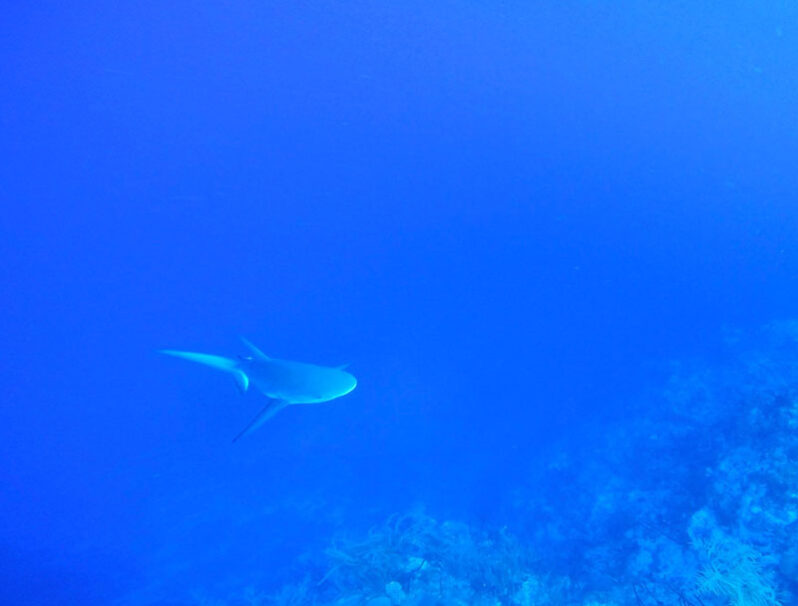
In the biggest study of its kind, scientists found an absence of sharks that live near coral reefs in 58 countries. But there is hope.
Coastal cities leave up to 75% of seafloor exposed to harmful light pollution

The global expansion of coastal cities could leave more than three quarters of their neighbouring seafloor exposed to potentially harmful levels of light pollution.
Plastic trash flowing into the seas will nearly triple by 2040 without drastic action
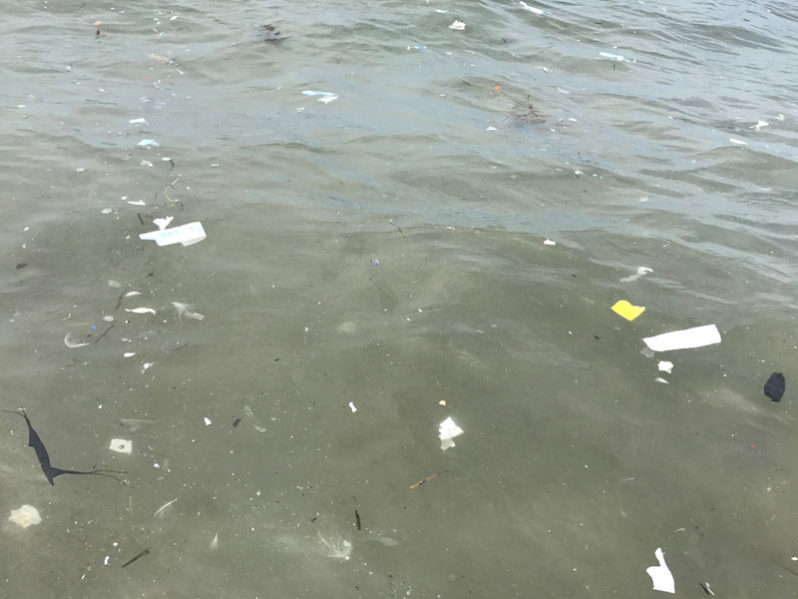
The amount of plastic trash that flows into the oceans every year is expected to nearly triple by 2040 to 29 million metric tons.
